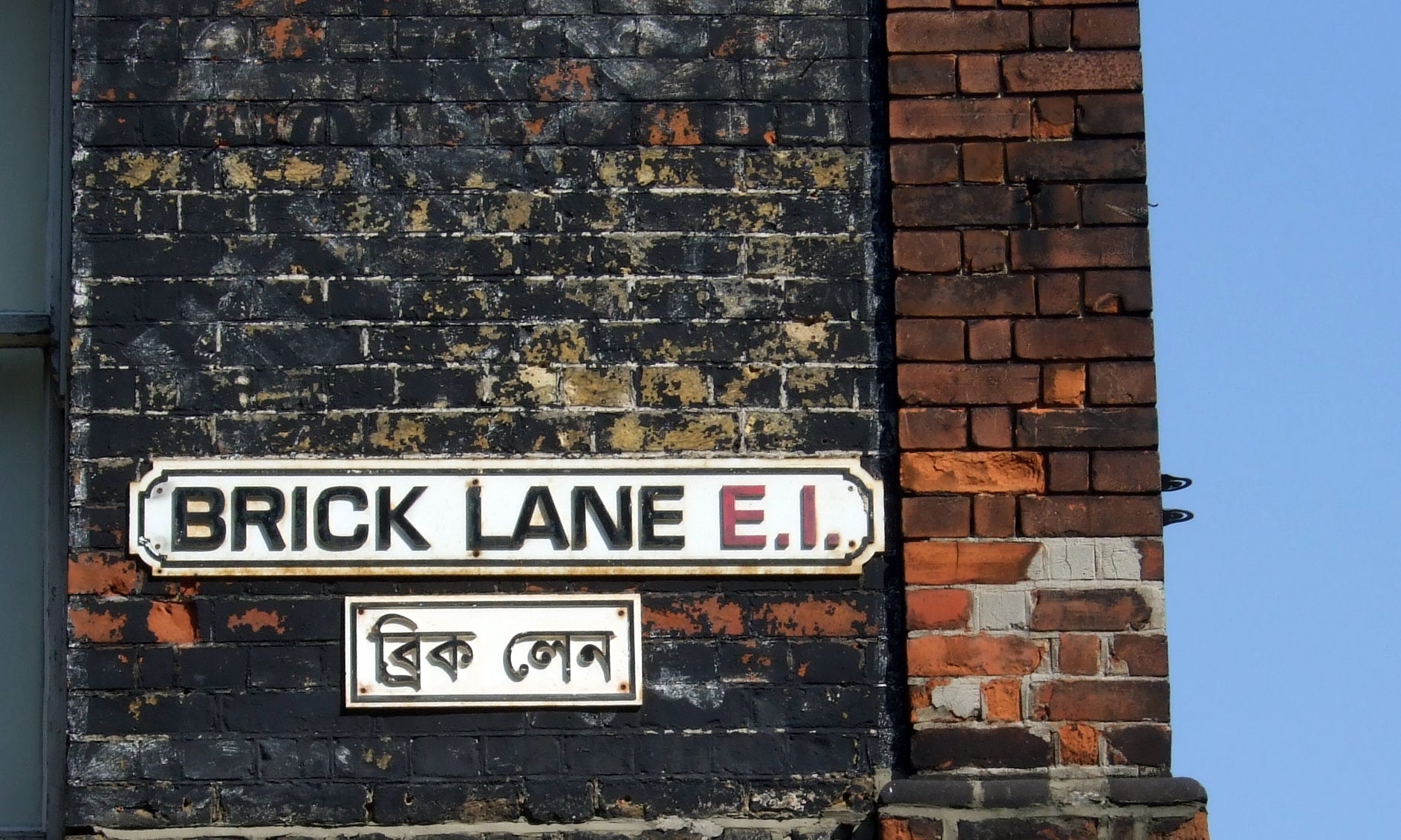Saint George has become a symbol of nationalism in England, but there are some good reasons to think his life represents the values of a more benign ideology: multiculturalism.
His background was about as multicultural as you can get

Most historians think George was born in modern-day Turkey to a Greek family. He served in the army of an Italian city-state and ultimately died living in modern-day Palestine. His parents, though Greek-speaking, were from Cappadocia in central Turkey and Palestine respectively.
Saint George’s heritage was about as multicultural as you could get in the classical world.
He was an immigrant

George moved country looking for work, probably immigrating from Cappadocia to Palestine to be employed as a palace guard for the emperor Diocletian.
He moved between the provinces of the vast Roman empire in the way a skilled manual worker might travel between the member states of the EU to find better employment.
He spread new religious ideas from abroad

For centuries the Roman Empire had worshiped its native pagan gods. George came to fame because he spread his foreign, Middle Eastern, religion to western civilization.
He supposedly convinced Empress Alexandra of Rome to adopt the new, expanding religion – Christianity – which spread throughout the empire until it was officially adopted. Most of the empire’s European successor states are still Christian today.
He’s the patron saint of a lot of diverse places
.JPG)
Saint George isn’t just the patron saint of England: He’s the patron saint of Bulgaria, Palestine, Ethiopia, Greece and Lithuania.
He’s also arguably most significantly the patron saint of Georgia, where Saint George’s Day is celebrated twice a year. The country’s name in English was considered by medieval chroniclers to have derived from the saint’s name.
He was a soldier for a multicultural European super-state

As a tribune in the Roman army, George was fighting for a Europe-wide super-state that famously let its inhabitants keep their local traditions.
In the imperial capital of Rome there were Britons mixing with Greeks and people from Palestine and Gaul.
As long as loyalty was pledged the emperor, local religious and cultural customs could continue and were incorporated into the empire.
He was persecuted by people intolerant of his foreign religion

As an immigrant with a foreign religion, Saint George was at the receiving end of discrimination and persecution from the Roman authorities, who were becoming wary of Christianity's growing power.
While working in his new home the saint was hit by a new law to crack down on Christian soldiers: he was to be arrested and kicked out of the army.
George objected and was imprisoned and tortured and ultimately executed for his foreign ways. He would have benefited greatly from a higher degree of tolerance and multiculturalism.
_01.jpg)
Join our commenting forum
Join thought-provoking conversations, follow other Independent readers and see their replies
0Comments